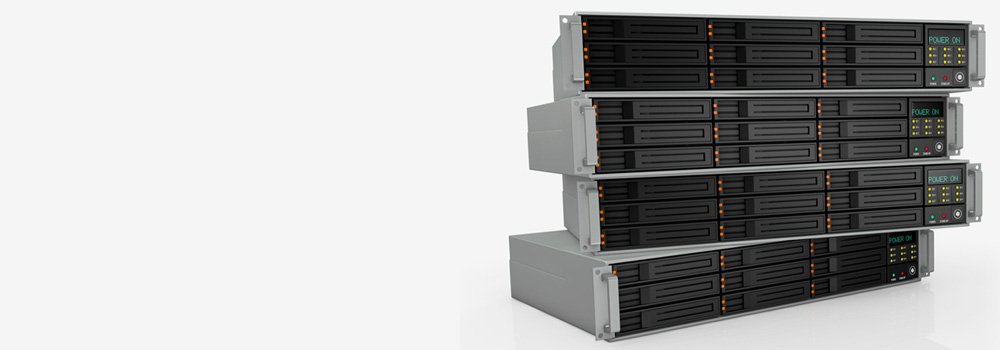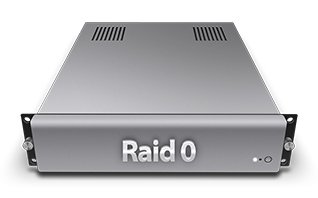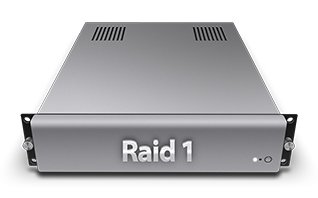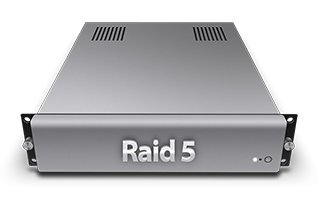RAID 1 Data Recovery Cambridge:
RAID 1 arrays are popular for NAS systems due to their redundancy and fault tolerance. In a RAID 1 configuration, data is mirrored across two or more drives, providing a backup if one drive fails. However, RAID 1 is not immune to data loss—logical errors, simultaneous drive failures, or malicious attacks can still make data inaccessible. Our Raid 1 Professional data recovery services can reconstruct or recover data from failed RAID 1 arrays, especially in critical scenarios where redundancy fails.
How RAID 1 Works in NAS Systems
RAID 1 uses a mirroring technique that duplicates data across multiple drives:
- Mirroring Mechanism: RAID 1 simultaneously writes the same data to two or more drives, ensuring redundancy.
- Benefits of RAID 1: This setup provides fault tolerance and is ideal for systems where data protection is critical.
- Limitations: RAID 1 doesn’t increase storage capacity since data is duplicated, and it can still experience data loss from accidental deletion, ransomware, or simultaneous drive failures.
Common Causes of Data Loss in RAID 1 Arrays
Data loss on RAID 1 NAS systems may be caused by:
- Logical Failures: File system corruption, accidental deletions, or software malfunctions that prevent access to data.
- Physical Drive Failures: While RAID 1 offers redundancy, if both drives fail or degrade simultaneously, data becomes inaccessible.
- Malware or Ransomware: Virus attacks, especially ransomware, can encrypt or delete files across mirrored drives.
- Power Supply or Controller Failures: An issue with the RAID controller or power supply can disrupt synchronization and cause data inconsistencies.
Signs of RAID 1 Array Failure in NAS Systems
Recognising signs of RAID 1 failure can help prevent complete data loss:
- Performance Degradation: Slow data access, read/write errors, or delayed response times.
- Error Messages: Alerts from the NAS management software indicating drive failure or “degraded” status.
- Inaccessible Files: Missing files or folders that display errors when accessed.
Challenges in Recovering Data from RAID 1 Arrays
RAID 1 presents specific challenges for data recovery:
- Mirroring Synchronisation Issues: Inconsistent mirroring due to partial failures can complicate recovery.
- Fragmented Data: Incomplete or fragmented files may require sophisticated reconstruction.
- Proprietary File Systems: Some NAS devices use proprietary file systems that require specific expertise for recovery.
The RAID 1 Data Recovery Process
Data recovery for RAID 1 involves the following steps:
- Diagnostic Assessment: Our Data Recovery Technicians assess each drive’s status and identify the failure type (logical or physical).
- Data Imaging and Cloning: Cloning each drive to create a replica prevents further data loss during recovery.
- Logical Data Recovery: For non-physical issues, advanced software is used to restore lost files from corrupted file systems.
- Physical Repairs: Damaged drives are repaired in a controlled environment to avoid contamination.
Benefits of Using our Professional Data Recovery Services for RAID 1 NAS
Professional services provide expertise and secure handling:
- RAID and NAS Expertise: Our Data Recovery Specialists are skilled in RAID 1 configurations, improving recovery chances.
- Secure Data Handling: Our Data Recovery labs adhere to strict data confidentiality and privacy protocols.
Data Recovery Techniques for RAID 1 Arrays
Different techniques are applied based on the failure type:
- Software-Based Recovery: Logical issues like file system corruption can often be resolved with recovery software.
- Hardware Repairs: Damaged components are repaired or replaced.
- Decryption and Malware Removal: If data loss is due to ransomware, experts use decryption tools and techniques.




